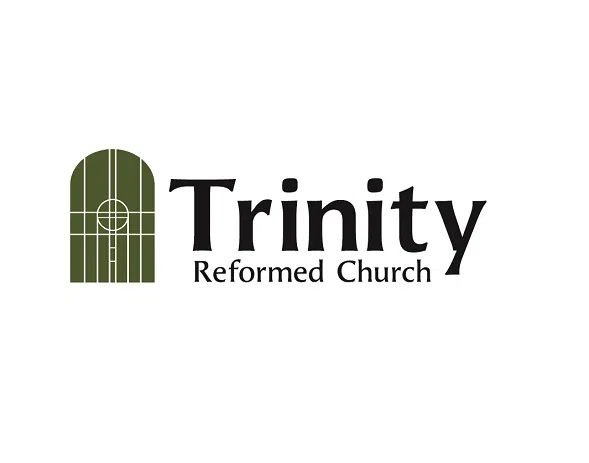By Timothy Gardner
WASHINGTON (Reuters) – The U.S. House Natural Resources Committee will extend debate on energy and environmental legislation on infrastructure into next week, Representative Raul Grijalva, a Democrat, said on Thursday after Republicans proposed scores of amendments to the bill.
Democrats on the panel have proposed $31 billion of measures to be included in a $3.5 trillion budget infrastructure package which contain several items hotly opposed by many Republicans.
That includes repealing the oil leasing program in Alaska’s Arctic National Wildlife Refuge, creating a Civilian Climate Corps program for conservation projects on public lands, and raising royalty fees on oil and gas drilling and extending them to emissions and flaring of methane, a greenhouse gas.
“Today we have a once in a lifetime, once in a generation opportunity to advance the bold, ambitious investment” in fighting climate change and providing jobs in new energy sources, Grijalva said.
Democrats hope the $3.5 trillion budget “reconciliation” package will become law with party line support in the House and Senate along with the smaller bipartisan infrastructure bill.
At the start of the hearing on the legislation, Republicans attempted to delay the session until Sept. 14 so that Congress could focus on Hurricane Ida and the crisis in Afghanistan. After that failed, the panel considered about 50 amendments of about 100 that were filed, mostly by Republicans.
That led to about nine hours of debate on the package and forced Grijalva, the panel’s chairman, to extend debate into a supplemental hearing slated for Sept. 9.
Republicans said many of the measures, including higher royalties, would increase dependence on U.S. adversaries for fossil fuels and minerals used to produce wind turbines and solar panels.
Representative Garret Graves, a Louisiana Republican who joined the panel remotely while dealing with the aftermath of Hurricane Ida in his state, said the bill would “kneecap” offshore oil production. “This legislation would benefit our adversaries and cripple Louisiana’s economy,” he said.
In the Senate, Democrats hope to pass the budget legislation under the reconciliation process in which they would need only a simple majority in the 100-member chamber instead of the 60 votes needed to pass most bills.
While Senate Democrats were united in backing the initial framework paving the way for the reconciliation legislation, moderate Senators Joe Manchin and Kyrsten Sinema have protested the overall price tag.
(Reporting by Timothy Gardner; Editing by Sonya Hepinstall)






